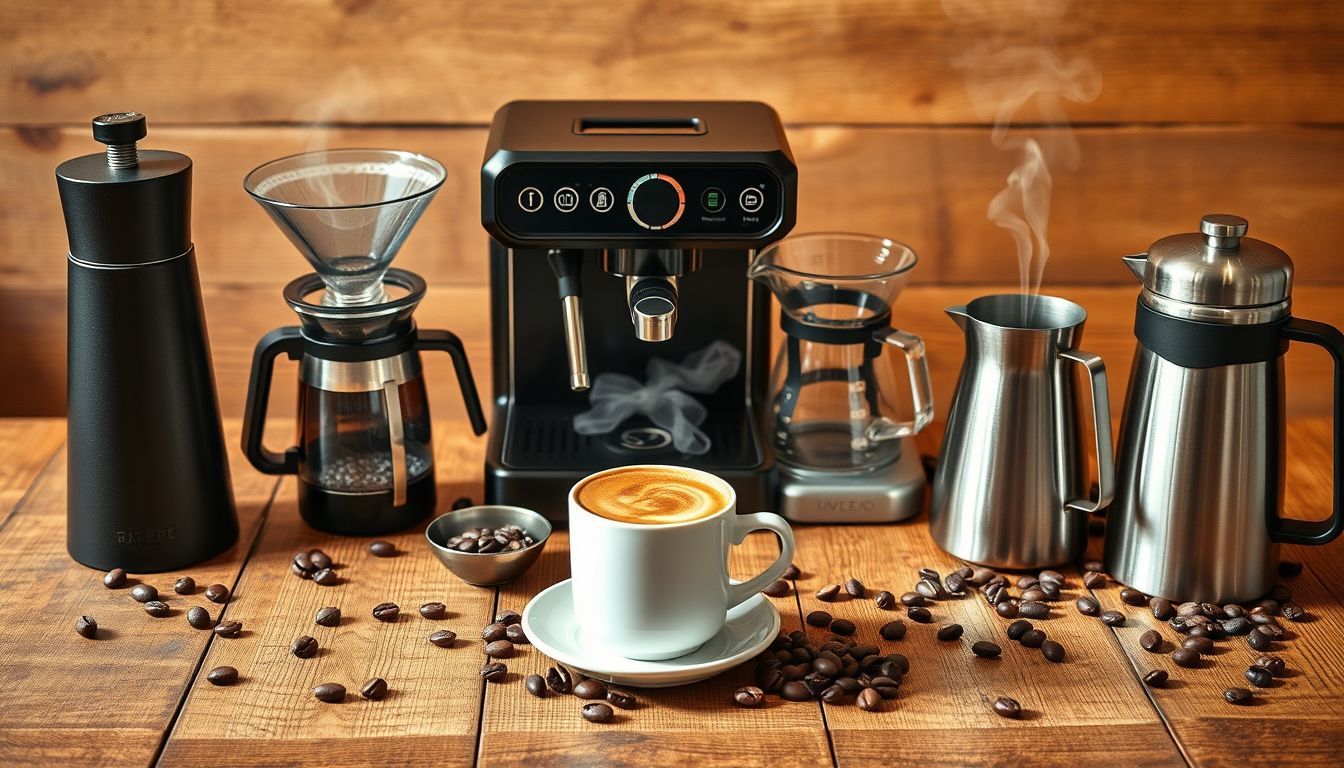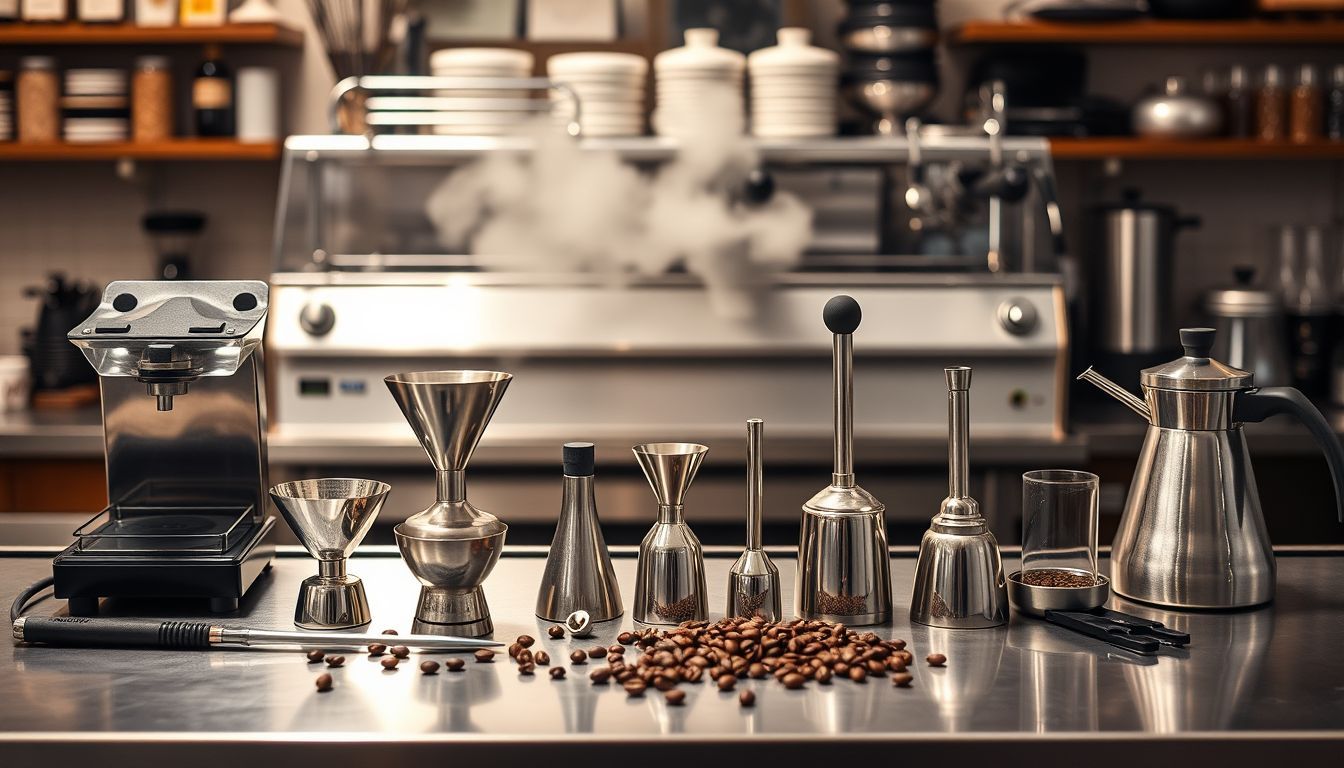Unlocking the Secrets of Coffee Clarity: How Filtration and Water Quality Shape Your Brew
Explore how water quality and filtration methods influence coffee clarity and flavor, and learn practical tips to enhance your brewing experience.

Amazon Affiliate Disclosure
This post contains affiliate links. If you purchase through these links, we may earn a small commission at no additional cost to you.
Unlocking the Secrets of Coffee Clarity: How Filtration and Water Quality Shape Your Brew
Introduction
As a seasoned barista, I've come to appreciate that the journey to a perfect cup of coffee extends beyond selecting premium beans and mastering brewing techniques. One often overlooked yet pivotal factor is the quality of water used in brewing. Water isn't just a solvent; it's an active participant that can elevate or diminish the clarity and flavor of your coffee. In this exploration, we'll delve into how water quality and filtration methods influence your brew and provide actionable insights to enhance your coffee experience.
The Role of Water in Coffee Brewing
Water Composition and Its Impact
Water constitutes approximately 98% of a cup of coffee, making its composition crucial to the final taste. Key components include:
- Minerals: Elements like calcium and magnesium are essential for extracting flavors from coffee grounds. An optimal mineral balance can enhance the coffee's body and complexity.
- pH Level: The acidity or alkalinity of water affects flavor extraction. Ideally, brewing water should have a neutral pH around 7.0 to maintain balance.
- Total Dissolved Solids (TDS): This measures the concentration of dissolved substances in water. A TDS level between 120-130 ppm is recommended for optimal extraction. (water-filter.com)
Hard vs. Soft Water
- Hard Water: High in calcium and magnesium, hard water can lead to over-extraction, resulting in bitter flavors. It also causes scale buildup in equipment, affecting performance. (horizonblends.com)
- Soft Water: Lacking essential minerals, soft water may under-extract, producing weak or sour coffee. (horizonblends.com)
Filtration Methods and Their Effects
Activated Carbon Filters
These filters remove chlorine and some heavy metals while retaining beneficial minerals, improving taste without stripping essential elements. (aromaexpeditions.com)
Reverse Osmosis (RO) Systems
RO systems remove nearly all dissolved substances, including beneficial minerals. While they produce ultra-pure water, remineralization is necessary to restore optimal mineral content for coffee brewing. (aromaexpeditions.com)
Water Softeners
Designed to reduce mineral content, water softeners can prevent scale buildup but may lead to under-extraction if not properly managed. (coffeeking.com.au)
Practical Tips for Enhancing Coffee Clarity
1. Test Your Water: Use water testing kits to assess hardness, pH, and TDS levels.
2. Choose the Right Filtration: Select a filtration method that addresses your water's specific issues without removing beneficial minerals.
3. Regular Maintenance: Clean and descale your brewing equipment regularly to prevent mineral buildup.
4. Experiment: Try brewing with different water sources to identify the best match for your coffee.
Conclusion
Understanding and controlling water quality and filtration are essential steps toward achieving coffee clarity and optimal flavor extraction. By paying attention to these often-overlooked factors, you can elevate your brewing practice and enjoy a more refined cup of coffee.

Marcus Thorne
As a journalist, I learned that the truth is often buried under layers of misinformation and time. As a novelist, I get to do the digging. Whether it's a forgotten event from the Cold War or a present-day conspiracy, I build my stories on a foundation of fact, inviting you to question what you think you know.


